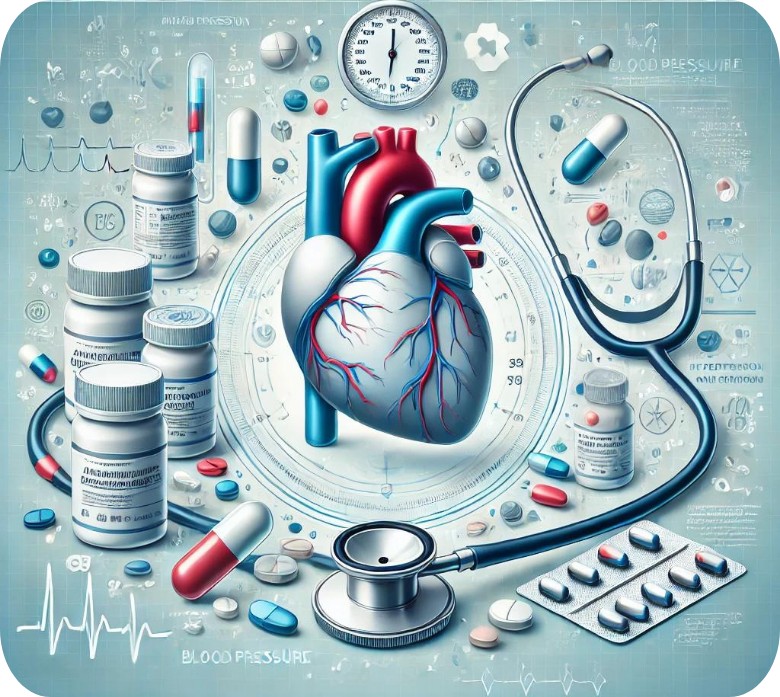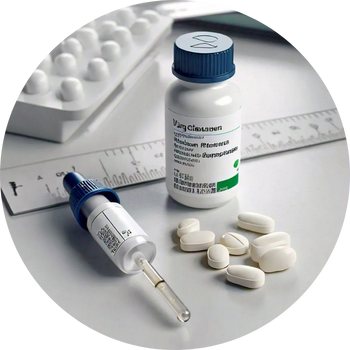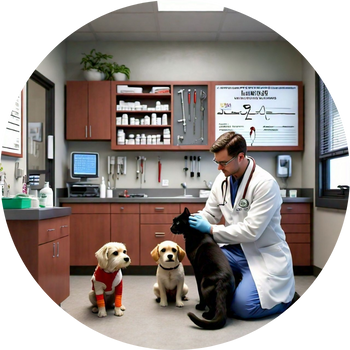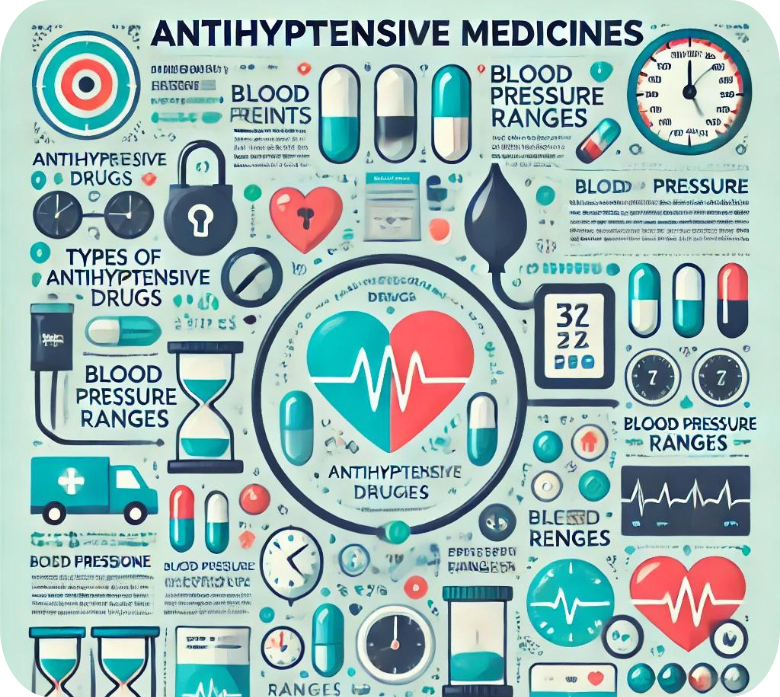Introduction
High blood pressure, or hypertension, is a common but serious condition that can lead to heart disease, stroke, and other health issues if left untreated. Antihypertensive medicines are the cornerstone of hypertension treatment, helping patients maintain healthy blood pressure levels and prevent complications. Understanding the various antihypertensive drugs, including their types, names, and uses, is crucial for both healthcare providers and patients alike. This blog provides an in-depth look at these medications, offering insights into how they work and their importance in treating hypertension.
"Control your pressure, protect your heart: The power of Antihypertensive medicines."

1. Understanding Antihypertensive Medicines
Antihypertensive meds are a class of drugs used to treat high blood pressure. These medications work in various ways to lower blood pressure and reduce the strain on the heart and blood vessels. Antihypertensive treatment typically involves a combination of lifestyle changes and medication, with the latter playing a critical role in managing the condition effectively. Understanding the different types of antihypertensive medicines is key to developing a personalized treatment plan that meets individual patient needs.
2. Types of Antihypertensive Drugs
Antihypertensive drugs can be categorized into several types, each with a specific mechanism of action. Some of the most common anti hypertensive drugs include ACE inhibitors, beta-blockers, calcium channel blockers, and diuretics. These medications are widely used and are among the most popular antihypertensive drugs prescribed today. Each type of drug has its unique benefits and potential side effects, making it important to choose the right one based on the patient's health profile and treatment goals.
3. Pharmacology and Uses of Antihypertensive Medications
The pharmacology of antihypertensive drugs is a complex field that involves understanding how these medications interact with the body to lower blood pressure. Antihypertensive drugs uses vary depending on the specific type of medication, the severity of the hypertension, and other health factors. For example, diuretics help the body eliminate excess sodium and water, while beta-blockers reduce the heart rate and the heart's workload. Knowing the pharmacology of these drugs is essential for healthcare providers to create effective treatment plans and for patients to understand how their medications work.
4. Choosing the Right Antihypertensive Pills
Selecting the appropriate antihypertensive pills involves considering several factors, including the patient's overall health, the presence of other medical conditions, and the specific characteristics of the hypertension. The most common antihypertensive medications are those that have been proven effective in lowering blood pressure with minimal side effects. However, each patient responds differently to treatment, so it's often necessary to monitor and adjust the medication regimen to achieve the best results. This section will guide you through the decision-making process for choosing the right antihypertensive drugs.
5. Conclusion
Table of Contents:
- 1. Understanding Antihypertensive Medicines
- 1 . 1 What Are Antihypertensive Meds?
- 1 . 2 Overview of Antihypertensive Treatment
- 2. Types of Antihypertensive Drugs
- 2 . 1 Common Anti Hypertensive Drugs
- 2 . 2 Most Used and Popular Antihypertensive Drugs
- 2 . 3 Antihypersensitive Drugs: A Brief Overview
- 3. Pharmacology and Uses of Antihypertensive Medications
- 3 . 1 Pharmacology of Antihypertensive Drugs
- 3 . 2 Antihypertensive Drugs Uses
- 3 . 3 Specific Use of Antihypertensive Drugs in Treatment Plans
- 4. Choosing the Right Antihypertensive Pills
- 4 . 1 Factors to Consider in Antihypertensive Treatment
- 4 . 2 How to Select the Most Common Antihypertensive Medications
- 4 . 3 Monitoring and Adjusting Antihypertensive Medications
- 5. Conclusion: The Future of Antihypertensive Medicines
- 5 . 1 Emerging Trends in Antihypertensive Treatments
- 5 . 2 The Importance of Personalized Medicine in Hypertension Management
- 5 . 3 Final Thoughts on Antihypertensive Medications










